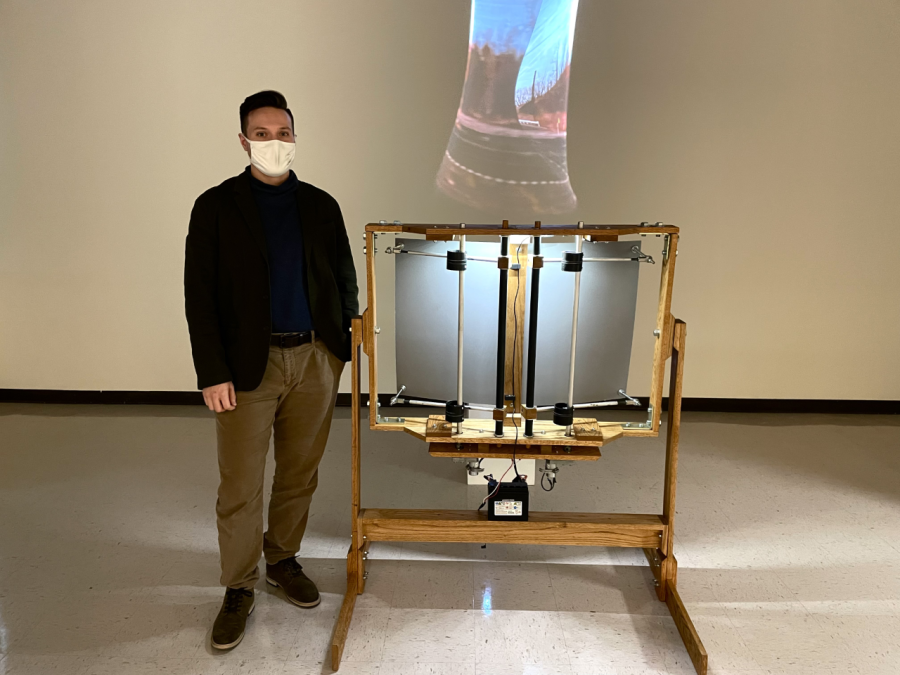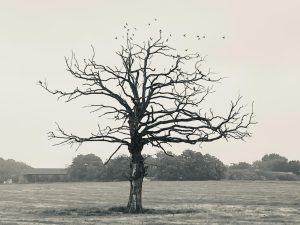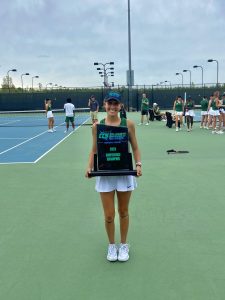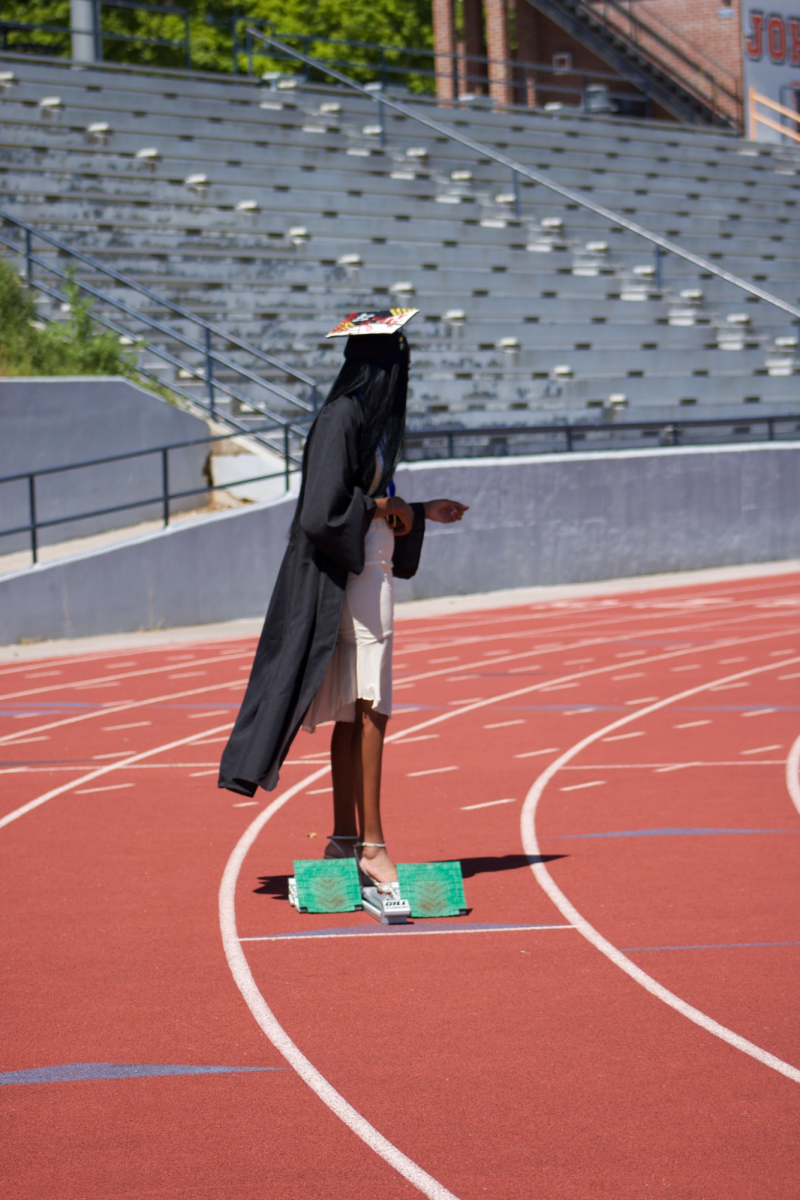Joshua McGowan: Poor Possibilities / Rich Realizations
Professor Joshua McGowan and his emulated continuum device that expresses motion in a unique way. PHOTO// SAMANTHA CARVALLO
January 28, 2022
“Photographic technology has fundamentally changed the way we interact with the natural world,” wrote Professor Joshua McGowan. He aims to teach his audience that finding his purpose in photography is embedded in what viewers do not actually see within a camera.
McGowan graduated from Piedmont University (formerly Piedmont College) in 2016 with an Undergraduate Degree in Photography. Later he moved to Pennsylvania to receive his Graduate Degree at Temple University and has been teaching students the art of photography and graphics for the last five years. His specialization in Nature Photography has left viewers of his work wondering what exactly he wants to achieve when he takes photos of what nature has to offer.
McGowan’s goal as a photographer is to express how the nature we see around us won’t last. “The world is finite,” McGowan stated in an interview. “Taking pictures gives us a false sense of control over what we capture in our lived experiences.”
Something he places emphasis on is that cameras speak through their own language that we don’t entirely understand, especially when technology is constantly changing. “As photographic and other time-based technologies improve, the distinctions between representation and underlying reality become less distinct,” McGowan mentioned. Because we can’t interpret what is actually going on behind our camera lenses, we don’t feel as connected with what is going on around us. Basically, taking a picture is just a push of a button and that’s it. There seems to be no emotional connection with reality.
How do photographers-in-training keep up with these technological advancements? How can they not let it take away from what they aim to capture? McGowan’s knowledge points students in the direction of rediscovering their individual purposes as photographers. “You should understand your purpose and be honest with your intentions when photographing,” he advised.
In attempts to reiterate the meaning behind nature photography, McGowan assembled an “emulated continuum device” that expresses his interest in the machinery that lies within a camera. An image is projected onto the wooden device and the image is reflected off of a plastic mirror onto a blank wall. The mirror is bent from left to right which makes the reflected image appear to be rotating in a continuous motion. His inspiration for this device lies in his commutes by train or car as he was never quite able to depict the scenery he witnessed to a full extent. The emulated continuum device helps recreate his experience looking outside of a moving vehicle and taking in the nature he would see on his way home.
Professor Joshua McGowan is trying to find different ways to give honest expressions in his photographs while never believing in capturing that so-called “perfect moment.” Understanding that anything beautiful comes with loss leads to a heightened experience for him as a photographer. “Understand the technology you use and express your experiences honestly because every photograph is a lie.”





















